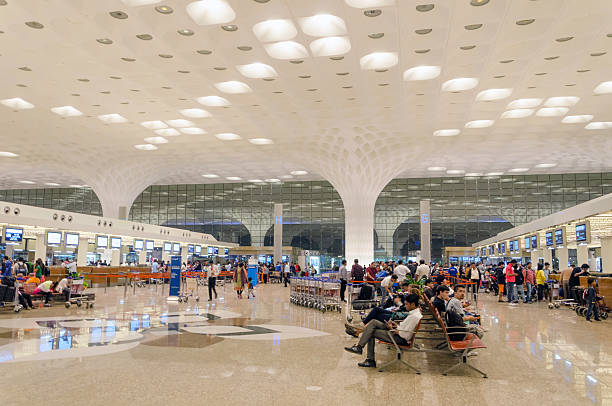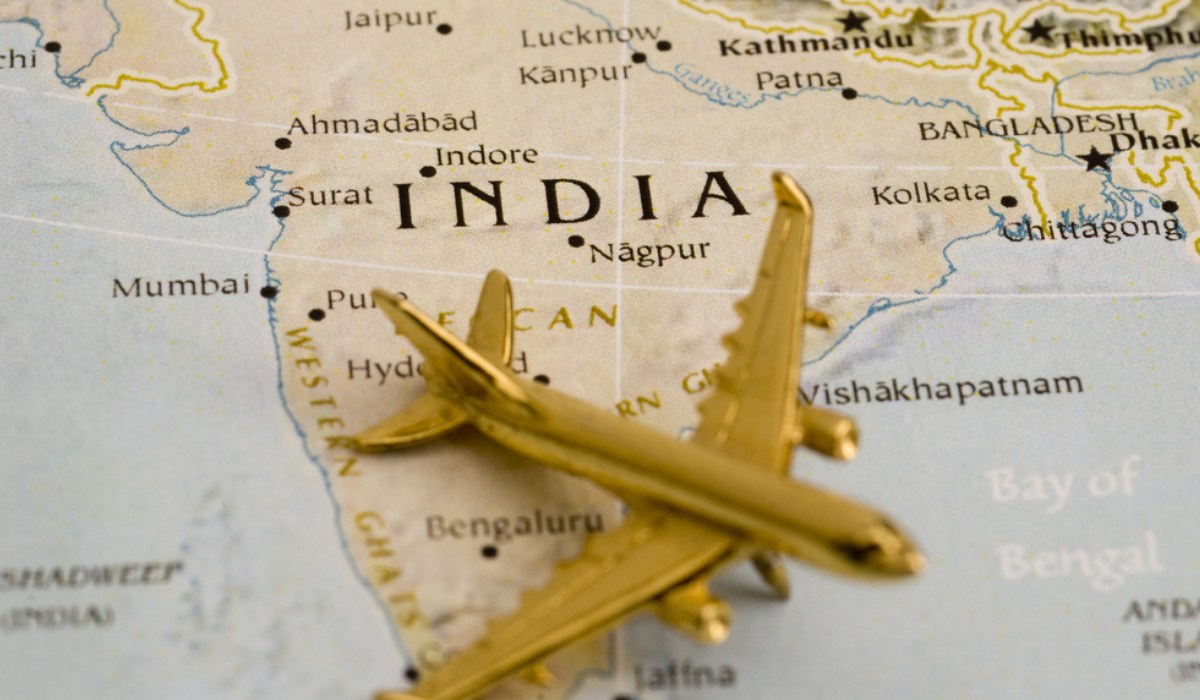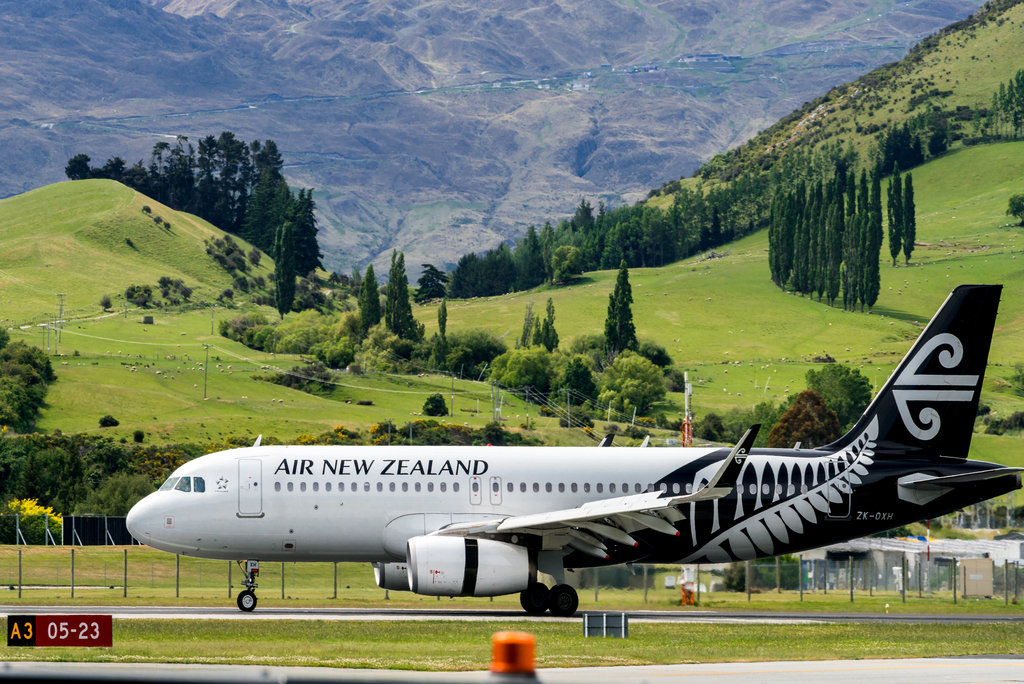India is set to introduce an electronic visa system modeled on similar systems in the U.S., UK, Japan and Singapore. This eVisa scheme is set to be implemented by the end of 2018 and will replace the current physical visas which are issued by the Indian embassies abroad.
What is an Indian eVisa?
An Indian eVisa is a travel document issued to citizens of India for travel to any country in the world. It allows holders to stay in the country for a period of time, be it for tourism or business purposes. Indian eVisas are not required for those traveling on an Indian passport. The visa is valid only if the holder presents it upon arrival at the airport or port of entry. Indian eVisa Airport and Seaports for Entry
The visa can be obtained from an Indian embassy or consulate abroad, or from certain authorized agencies within India. The cost depends on the country of issuance and may range from $25 (for tourist visas) to $150 (for business visas). Some consulates and embassies offer reduced rates for multiple-entry visas.
Indian citizens holding passports issued by countries other than India (like United States, Canada, UK, Australia) do not require an Indian eVisa to visit India provided they possess a valid passport and have no criminal convictions against them. These nationals are simply required to present their passports upon arrival at the airports or ports of entry and obtain an entry permit either on arrival or before departure from India.
Certain nationalities may be exempted from obtaining an Indian eVisa depending on their nationality requirements of the particular country they are visiting. For example, Canadian citizens travelling to India for recreation will not need an Indian eVisa as long as they have a valid Canadian passport and no criminal convictions against them. However, US citizens intending to work in India must
How to get an Indian eVisa
If you are a citizen of India, you may be able to obtain an Indian eVisa at an Indian airport or seaport. To find out if your destination is one of the airports or seaports authorized to accept Indian eVisas, please visit the Ministry of Home Affairs website. Before travelling to India, please check with your travel agent or airline about whether they offer visa-on-arrival services in advance. Indian eVisa ports allowed for exit
You can also apply for an Indian eVisa in person at an Indian embassy or consulate abroad. However, this process can take up to several weeks and may not be available at all embassies/consulates. If you are travelling as part of a group, it is best to make arrangements in advance so that everyone can apply for their individual visas at the same time.
If you are travelling on a tourist visa and your passport has expired (or will expire within six months), you will not be able to apply for an Indian eVisa online or in person. You will need to renew your passport before proceeding with the application process.
The Validity of the Indian eVisa
Travelers who are applying for an Indian eVisa should be aware that the validity of the visa will depend on the traveler’s intended destination country. U.S. citizens traveling to India without a valid visa may be subject to detention and/or fines at the airport or upon departure from India.
As of January 1, 2016, all travelers arriving in India (except U.S. citizens) must have a valid eVisa or an approved Travel Authorization Document (TAD). The eVisa is valid for 60 days and can be used for travel to any of India’s 63 international airports and seaports except Chennai, Kochi, Mumbai and Kolkata which are only eligible for tourist visas.
U.S. citizens departing from India via an Indian seaport must have a valid passport, visa sticker affixed to their passport and a TAD if travelling to one of the six destinations (Bangkok, Dubai, Hong Kong, Kuala Lumpur, Singapore and Taipei) listed on the TAD. The TAD is valid for 30 days and can be used for travel to any Indian seaport except Chennai which is only eligible for tourist visas
Visa requirements and restrictions of entry
The following is a brief summary of the visa requirements and restrictions of entry into India for tourists. A full breakdown of all visa requirements can be found on the website of the Indian Embassy in your country.
There are three types of visas that are required for foreigners visiting India; tourist, business, and transit visas. Tourist visas are valid for up to six months and can be issued on arrival at any Indian port-of-entry or airport. Business visas are valid for up to one year and are only available through a licensed Indian agent. Transit visas are valid for up to 24 hours and allow travelers to pass through immigration without being granted a visa.
Foreigners who do not possess a tourist, business, or transit visa may be able to obtain an eVisa. eVisas can only be obtained online and must be applied for at least 72 hours in advance of travel. The eVisa fee is $60 USD per person and is valid for up to six months.
Certain restrictions apply to holders of certain types of visas. For example, foreign nationals holding tourist visas cannot work in India or stay more than 30 days in any one place. Foreign nationals holding business visas must have a registered office in India or engage in commerce with India worth more than $10,000 per quarter, or have employees who reside in India. Transit visa holders are not allowed to stay more than 24 hours in any one place nor can they work while in India.
Visa requirements and restrictions of exit
Indian citizens need a visa in order to leave the country. The Visa on Arrival is available for a limited number of countries and it valid for 3 months. If you are travelling for business, you can apply for a Business Visa. Different types of visas are available according to your nationality. You will have to submit an application form, passport photos, proof of funds and other documents required by the consulate or embassy which will issue the visa to you. There are also some restrictions that come with the visa such as not being allowed to stay in any tourist spots for more than 30 days and not being allowed to travel outside India without prior permission from the Indian authorities.
If you are travelling on an Indian eVisa, you will have to go through one of the following airports or ports:
Delhi International Airport – For citizens of Afghanistan, Bangladesh, Bhutan, China (Mainland), Eritrea, Ethiopia, Indonesia, Japan, Kazakhstan, Kyrgyzstan Lao People’s Democratic Republic , Maldives , Morocco , Nepal , Pakistan , Sri Lanka , Taiwan Province of China Thailand and Vietnam
Gandhinagar Airport – For citizens of Brunei Darussalam, China (Hong Kong SAR), Cyprus*, UAE*, Kuwait*, Malaysia* Oman*, Qatar* Saudi Arabia** Singapore*** South Korea**** Sudan***** Switzerland***** Tajikistan***** Turkmenistan**** United Arab Emirates***** Uzbekistan*****
Kolkata Airport – For citizens of Afghanistan,



